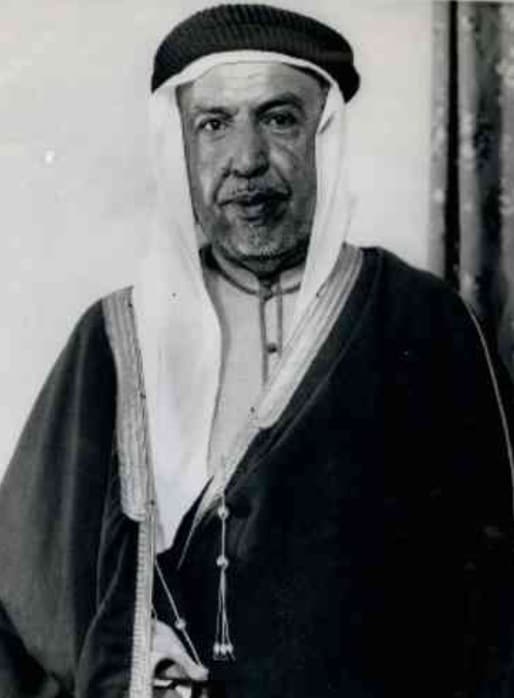
Britain’s ability to protect Kuwait was seriously weakened after World War II. An economically devastated United Kingdom could no longer afford to keep up imperial appearances: in 1947 it had to cede its most cherished colonial jewels to the new sovereign nations of India and Pakistan. But the British managed to hold on to a few outposts of their former empire in the East, among them, the small sheikhdoms in the Gulf.
These sheikhdoms had acquired new strategic importance with the discovery of large oilfields within their territories. The first oil discovery in Kuwait took place in 1938, and commercial exports of this valuable commodity took off in 1946. By 1953 Kuwait was the biggest oil producer in the Gulf. Its reserves were estimated at 20 percent, or more, of known worldwide reserves.
This ‘petroleum revolution’ had far-reaching implications. On an international level, it attracted the envy of regional powers, while it gave the Al Sabah rulers the confidence – and financial ability – to try to go it alone. In 1961, Kuwait was the first of the British controlled sheikhdoms of the Gulf to attain independence, and the only one to take the initiative itself.
On 19 June 1961, Abdullah III (1895-1965) became the first Emir (prince) of the Emirate of Kuwait. In 1962, a national Constitution was ratified, and a year later a fully elected National Assembly (Majlis al-Umma) was inaugurated. The fifteen members of the cabinet were appointed by the Emir, who also held the right to dissolve the National Assembly, practically at will. A steadily growing bureaucracy oversaw development of the country’s economy and a modern welfare state.
The semi-democratic characteristics of the Kuwaiti Constitution are explained by both the nation’s political history – with its a powerful merchant class – and the particular circumstances in which the document was born. Leftist, pan-Arab nationalist sentiments dominated the political discourse of the Middle East at the time Kuwait attained its independence.
Since the Al Sabah needed to legitimize Kuwait’s newly independent status and their own role as ruling dynasty – as Iraq was threatening to annex the ‘illegitimate’ country – the family was willing to settle for a compromise.
The personality of Abdullah III al-Salim al-Sabah (r. 1950-1965) was also an important factor: in the 1930s he had supported the Majlis Movement, but Abdullah’s successors were less than enthusiastic about public participation in the political process. Sabah al-Salim al-Sabah (r. 1965-1977) suspended both Parliament and Constitution in 1976. Because of domestic and regional political turmoil, the institutions were reinstated by Jaber al-Ahmad al-Sabah (r. 1977-2006) in 1981, only to be suspended again in 1985.

